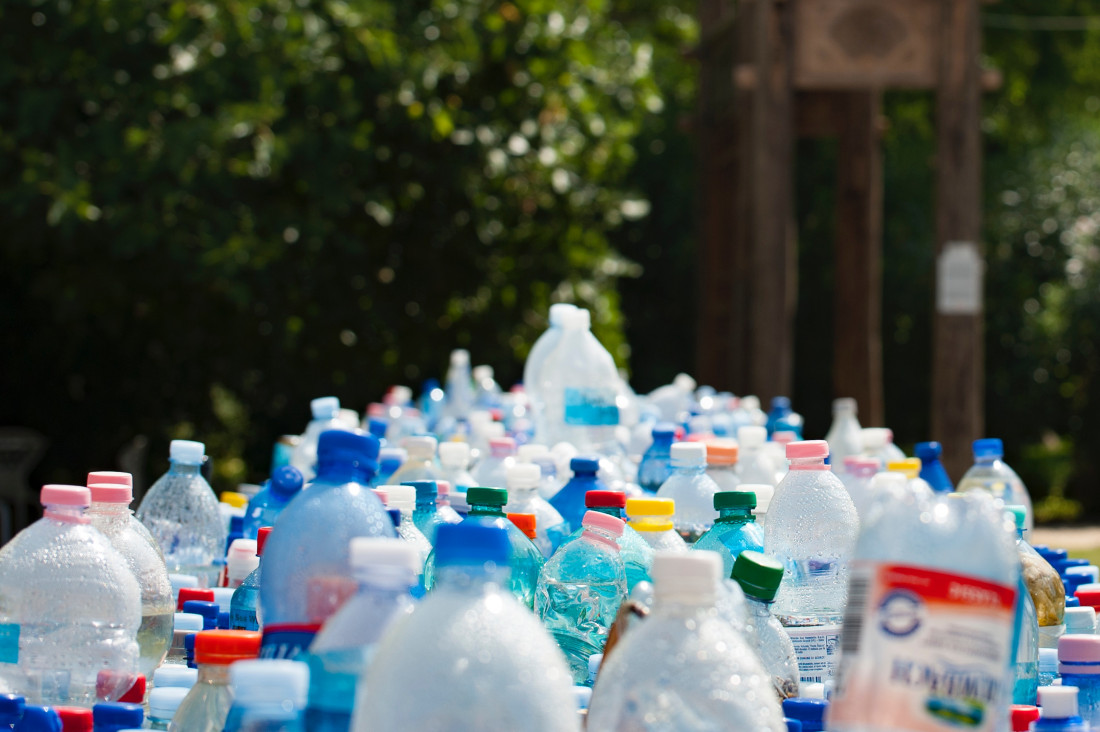Chemists from the University of California and the Chinese Academy of Sciences have discovered a new chemical process that may save the plastics industry, and might even save the planet. This is because they have found a method for turning plastic (PE) into a fuel that degrades plastic in a ‘milder and more efficient manner’.
Current processes for converting plastic into fuel often use ‘caustic chemicals known as radicals or heating the material to more than 400°C to break down the chemical bonds of the polymers’. However the latest discovery uses a process called ‘cross-alkane metathesis’, which employs chemicals that are readily available by-products from refining and operates at temperatures of only 175°C. This means that mankind may finally be on the brink of industrial scale conversion of plastic waste into fuel. A breakthrough that may lead to cleaner beaches and oceans, improve profit margins for plastics manufacturers and may even lead businesses to mining landfill sites for waste plastic feedstock.
As the research team states in their study, published in the journal Science Advances, “Alkane metathesis is a process in which alkanes are covalently rearranged to give a new distribution of alkane products. Because PE is essentially composed of ultra-long alkanes, we envisioned that alkane metathesis could be used to cleave PE chains. [In this study] we report a mild and efficient degradation of PE into liquid fuels and waxes using inexpensive and readily available light alkanes, such as petroleum ether, as the reagents. These alkanes with low carbon number are major constituents of a variety of refinery and petrochemical streams, the Fischer-Tropsch process, and some biomass conversion pathways. We show that the cross metathesis between these low-value light alkanes and PE results in very efficient degradation of various grades of PE. In particular, we demonstrate that the wastes of commercial PE plastics can be selectively degraded into transportation fuels and waxes under mild conditions in a controllable manner.”
The online journal Phys.org described the process as follows; “The method by the team involves mixing the plastics with an organometallic catalyst, which was made by mixing readily available molecules that were then doped with metal iridium. The reaction caused the bonds holding the plastic together to weaken, allowing them to be more easily torn apart—after doing, so, the team was able to use the broken down material to create a diesel-like fuel which they claim could be used to power vehicles and other motors—they report that burning the fuel is also cleaner than burning other combustible materials.”
However, the team is continuing its study as the process has yet to reach a level of efficiency whereby industrial conversion of plastic to fuel would be financially viable. At present the catalyst in use is recyclable, but with diminished effectiveness. Furthermore, as Phys.org reports, “The ratio of plastic to catalyst is currently approximately 30 to1, which is not nearly good enough for commercial purposes. Their goal is 10,000 to 1. The team is also looking for something to use as part of the catalyst instead of iridium, because it is both difficult to get in large quantities and too expensive.”
Evidently there is still much work to do before cleaning up the plastic from our oceans, beaches and landfill sites becomes profitable, but it is possible that this discovery could be a major turning point in our relationship with plastic. Today, plastic is viewed by many as a single use, fossil fuel product that is nothing more than a necessary evil in the modern world. If the chemical industry were able to convert plastic products at the end of their life into a useable fuel, then the image of plastics manufacturers would be changed forever. Indeed, it may even lead to an enlightened view on what chemical engineering can achieve for the planet.

